Should I Make Bi-Weekly Mortgage Payments?
This calculator helps you evaluate whether you should make monthly or bi-weekly mortgage payments.
Many lenders offer borrowers the option of making either monthly or bi-weekly mortgage payments. Under a bi-weekly mortgage plan, rather than making a full mortgage payment once per month, borrowers pay one-half of that amount every other week. Since the total amount paid each month is the same, what is the advantage to making bi-weekly mortgage payments? While there are some non-quantitative benefits associated with bi-weekly payments, such as potentially aligning with paycheck schedules and easing monthly cash flow challenges, the primary benefit associated with bi-weekly repayment plans is that they accelerate the repayment of your loan.
Under a monthly payment plan, 12 payments are made each year. A bi-weekly payment plan incorporates a virtually 13th payment each year: 52 weeks divided by 2 (a payment every other week) equals 26 payments; 26 payments divided by 2 equals 13 monthly-equivalent payments.
Accelerating your repayment period will result in you paying off your mortgage earlier, eliminating mortgage payments earlier, and reducing the overall amount of interest you pay over the actual term of the loan.
While most financial advisors see the benefit in this, most also agree that this option only makes sense for borrowers if it comes without any fees or changes from the lending institutions. If fees do exist, borrowers can create the same net effect by adjusting the payments they make on their monthly payment plan. For example, borrowers can add a little bit extra each month, and apply it the mortgage’s principal, or sock-away a bit of money over the course of the year (an amount equivalent to one month’s mortgage payment, perhaps), and apply it to principal on the final payment of the year.
From a pure financial perspective, borrowers can use the Bi-Weekly Mortgage Calculator below to see the impact of a bi-weekly mortgage on the repayment period of their loan, and the total amount of interest they will pay over the course of this loan. While this will provide some general direction, it is always wise to seek advice from a professional financial advisor to make a final decision as to which is the best option for you.
QUESTIONS & ANSWERS - COMPLIMENTS OF CONSUMER FINANCIAL PROTECTION BUREAU (CLICK FOR ANSWERS)
How do I find the best loan available when I’m shopping for a home mortgage loan?
What costs will I have to pay as part of taking out a mortgage loan?
What fees or charges are paid when closing on a mortgage and who pays them?
What is the finance charge on a mortgage?
What does “amount financed” mean when getting a mortgage loan?
How does paying down a mortgage work?
How do mortgage lenders calculate monthly payments?
What is the difference between a mortgage interest rate and an APR?
What is the difference between a fixed-rate and adjustable-rate mortgage (ARM) loan?
If I am considering an adjustable-rate mortgage (ARM), what should I look out for in the fine print?
For an adjustable-rate mortgage (ARM), what are the index and margin, and how do they work?
With an adjustable-rate mortgage (ARM), what are rate caps and how do they work?
What is an "interest-only" loan?
Is there any reason my mortgage payment would change over the life of my loan?
What are (discount) points and lender credits and how do they work?
What is a loan-to-value ratio and how does it relate to my costs?
What is a payoff amount? Is my payoff amount the same as my current balance?
What is mortgage insurance and how does it work?
What is a second mortgage loan or "junior-lien"?
What are mortgage origination services? What is an origination fee?
What is a mortgage "closing"? What happens at the closing?
What are prepaid interest charges?
I’m about to close on a mortgage. What should I do before, during, and after the mortgage closing?
What is the difference between a mortgage broker and a mortgage lender?
What is homeowner's insurance? Why is homeowner's insurance required?
What are Fannie Mae and Freddie Mac?
My mortgage closing forms mention a “security interest.” What is a security interest?
What are late fees on a mortgage?
